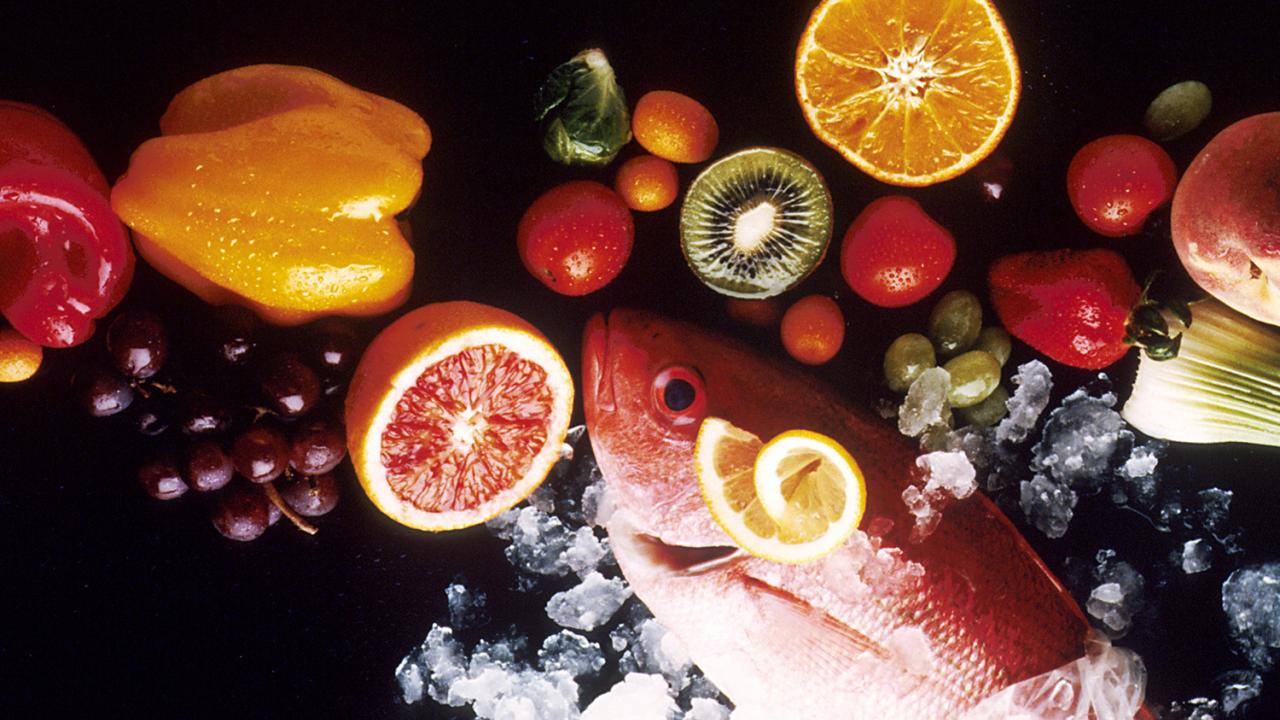
Can Diet Help Prevent or Postpone Cognitive Decline?
Nearly 47 million people worldwide live with dementia, according to the Alzheimer’s Association. That number is expected to rise to 76 million by 2030. While there is no cure for dementia, scientists are investigating various drugs to help mitigate cognition loss associated with the condition.
When it comes to understanding and preventing age-related cognitive dysfunction, Professor Raymond Rodriguez, Department of Molecular and Cellular Biology in the College of Biological Sciences at UC Davis, looks to food for answers.
In a review article published in Nature: Science of Food, Rodriguez and his colleagues explore the relationship between diet and brain health, proposing a framework to understand the body’s “food-brain axis,” the intersection of diet and the formation of new brain cells. Rodriguez’s aim is to provide researchers with a dietary roadmap to help prevent cognitive decline.
Food on the brain
For Rodriguez, nutrition is the most important environmental factor influencing brain development. Like the rest of the body, the human brain evolved in response to signaling molecules acquired through ingestion and digestion. Diet-derived signaling molecules such as vitamins, omega-3 fatty acids, glucose and many others perform different functions in the brain.
In addition to providing energy, glucose enhances cognitive function and protects against Alzheimer’s disease. Vitamin D works as a brain antioxidant, and a deficiency is associated with increased risk of schizophrenia and multiple sclerosis.
“We need to have some way to delay the onset of such diseases. It would be nice if there were cures,” Rodriguez said. “But more importantly, is there something that we can do nutritionally to delay the onset?”
The brain-gut connection
Between 400 and 600 million neurons link the gastrointestinal tract to the brain. Rodriguez’s research provides a framework to investigate how these diet-derived signaling molecules interact with the gene regulatory networks and pathways associated with brain cells.
“Neurological functions, including dysfunctions, are actually the result of layers of networks that are interconnected and interdependent,” said Rodriguez.
Rodriguez’s study gathers previous research to reveal how certain diet-derived signaling molecules stave off the loss of brain cells. For example, the omega-3 fatty acid DHA is one of many dietary supplements being explored as a therapy for traumatic brain injury. Consumption of DHA has been linked to reductions in neuronal and white matter brain tissue loss.
“It’s not yet clear if any of these individual compounds will ever be a cure for anything, but in combination, they could delay degeneration in the brain,” Rodriguez said.
Building on the past through collaborative science
The “food-brain axis” concept builds upon a hypothesis put forth by Francis Crick, a co-discoverer of the molecular structure of DNA.
“Unfortunately, Crick had no mechanism or evidence to support his hypothesis so it was quickly dismissed,” said Rodriguez. “Our paper provides the mechanisms needed to link external stimuli to neurological processes like neurogenesis and cognition."
"Thanks to the vast array of signaling molecules and proteins supporting this connection, the most beautiful sunset you’ve ever seen can become that memory you’ll never forget," added Rodriguez.
The Nature: Science of Food paper gathered research from colleagues across UC Davis, including John Albeck, Lillian Cruz-Orengo, Bronte Hernandez, Kassandra Ori-McKenney, Gregg Recanzone, Tyler Stradleigh and Ameer Taha.
